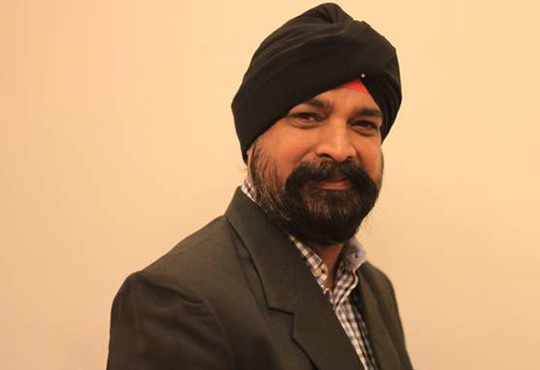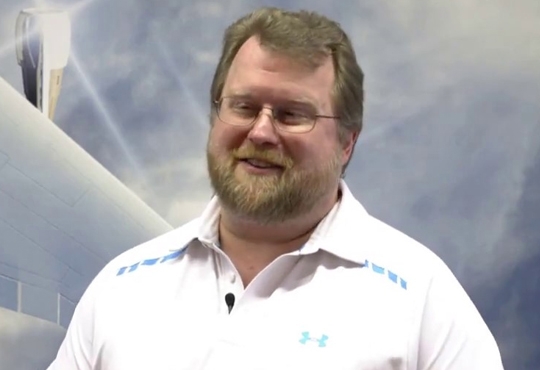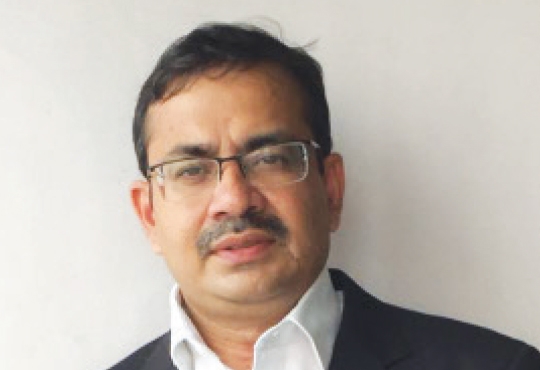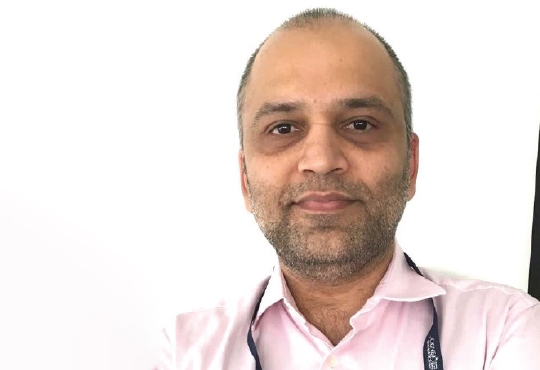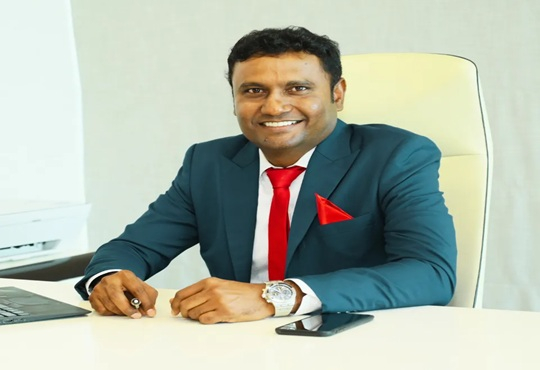
Uniper, thyssenkrupp Uhde Partner on Global Hydrogen Tech Push
CIOTech Outlook Team | Wednesday, 28 May 2025, 03:37 IST

- A plant will be built in Gelsenkirchen-Scholven, Germany, at Uniper, capable of producing 28 tons of ammonia.
- The partnership helps Germany’s aim to go carbon-neutral.
- The demonstration plant will generate critical data to optimize the technology for commercial scalability.
UNIPER, a German energy producer and Thyssenkrupp Uhde, experts in chemical engineering, have created a partnership to build large-scale ammonia cracking technology for the world’s hydrogen economy. Collaboration is focused on changing imported ammonia into hydrogen in large amounts so that it can benefit users in energy, steel and chemical areas.
A plant will be built in Gelsenkirchen-Scholven, Germany, at Uniper, capable of producing 28 tons of ammonia each day, making it one of the world’s first. This site will support the planned hydrogen import terminal developing in Wilhelmshaven, led by Uniper and TES with the help of North Rhine-Westphalia.
After ammonia is cracked at high temperatures with the aid of a catalyst and purified, only pure hydrogen is formed. For energy solutions to be climate-friendly, ammonia is ideal because it is easy to use as a hydrogen carrier and is traded all over the world. “In order to meet Germany’s future hydrogen needs, we are dependent on imports from abroad,” said Holger Kreetz, COO of Uniper SE. “With the ammonia cracker in Scholven, we’re laying the groundwork to trade hydrogen internationally and making it available across industries.” The demonstration plant will generate critical data to optimize the technology for commercial scalability.
Also Read: Russia and Vietnam Ink Roadmap to Advance Nuclear Technology Collaboration
Nadja Håkansson, CEO of Thyssenkrupp Uhde, highlighted, “This joint capacity ensures that the cracking plant is optimized not only for performance and efficiency, but also for safety, long-term reliability, and total life cycle costs.” The project aligns with Germany’s decarbonization goals, despite recent challenges in the hydrogen market. Mona Neubaur, North Rhine-Westphalia’s Minister for Economic Affairs, noted, “With the help of ammonia cracking technology, we are opening up the possibility of obtaining green energy from numerous regions around the world.”
The partnership helps the two companies become leaders in building ammonia cracking capacity which backs Germany’s aim to go carbon-neutral by 2045. It is hoped that the Scholven plant will improve technology, giving hydrogen a leading position in an eco-friendly future.
CIO Viewpoint
Why Foolproof Facial Recognition Is Key Against...
By Joseph Sudheer Thumma, Global CEO & MD, Magellanic Cloud
National Technology Day 2025: Powering Progress...
By CIOTech Outlook Team
Aligning IT Roadmap with Business Objectives: A...
By Subhash singh Punjabi, CISO & Head Enterprise Architecture, Deepak Fertilisers & Petrochemicals Corporation Ltd
CXO Insights
The New Normal: Achievable But Not Simple
By Michael Nygard, VP, Cognitect
Technology Building Business Models
By Suvrata Acharya, VP and Vertical Delivery Head, NIIT Technologies
How Cloud Computing Accelerates Big Data...
























































.jpg)
.jpg)








.jpg)

.jpg)

.jpg)
.jpg)



.jpg)


.jpg)





























.jpg)

.jpg)
.jpg)

.jpg)
.jpg)

































.jpg)

.jpg)



















.jpg)
















.jpg)














































































































